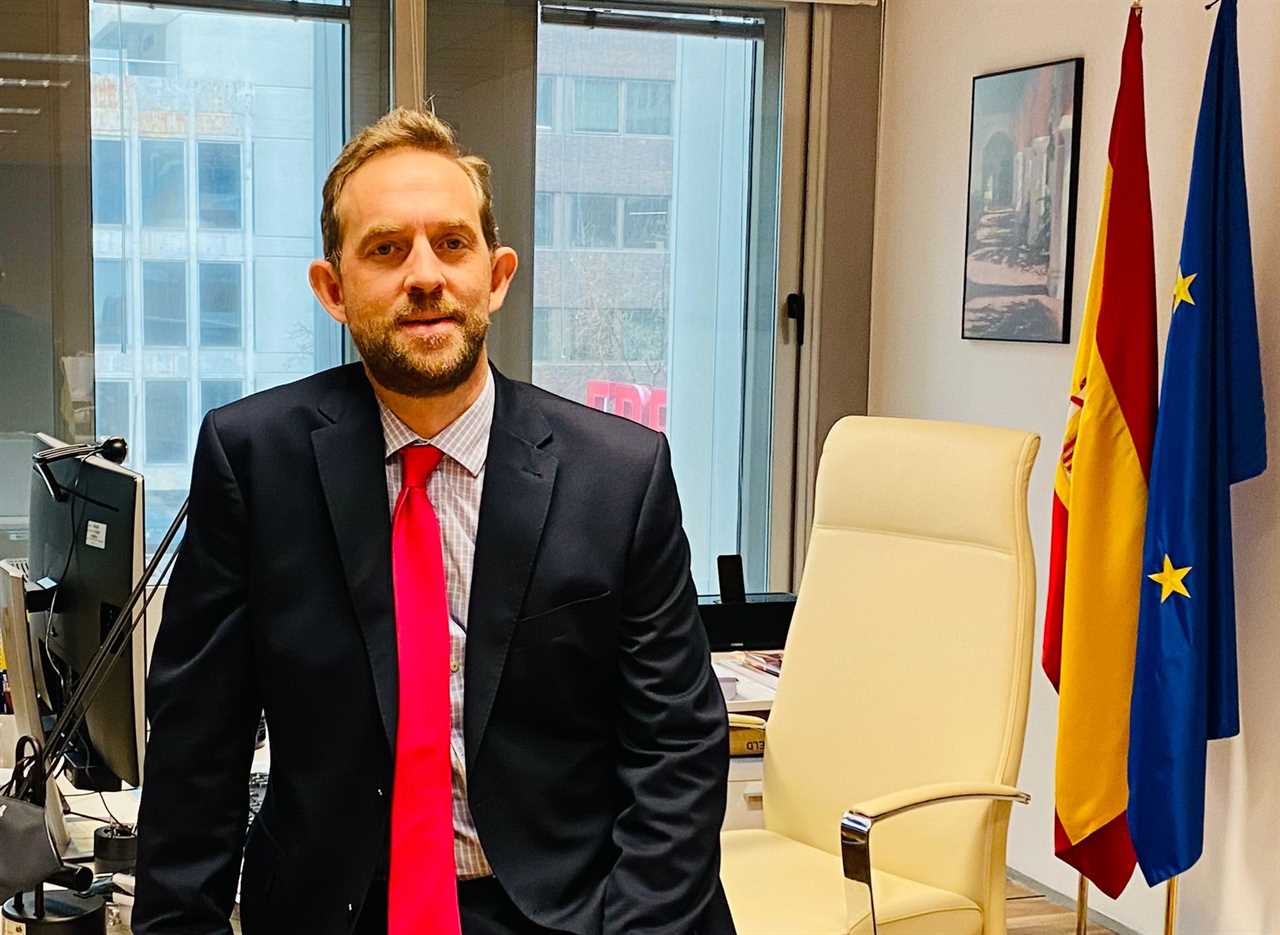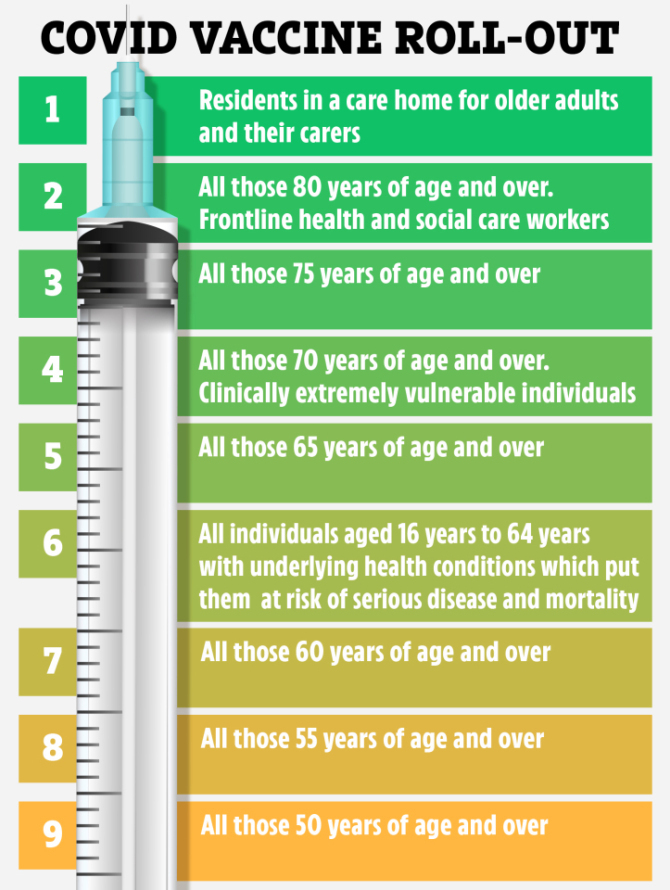SPAIN could be welcoming tourists again within months amid plans for a “vaccine passport” — part of a triple boost for lockdown-weary Brits, we can reveal.
The country’s tourism chief said UK travellers could be heading for the Costas as soon as summer, just as two new advances emerged giving hope of a Covid exit route.

Read our coronavirus live blog for the latest news & updates
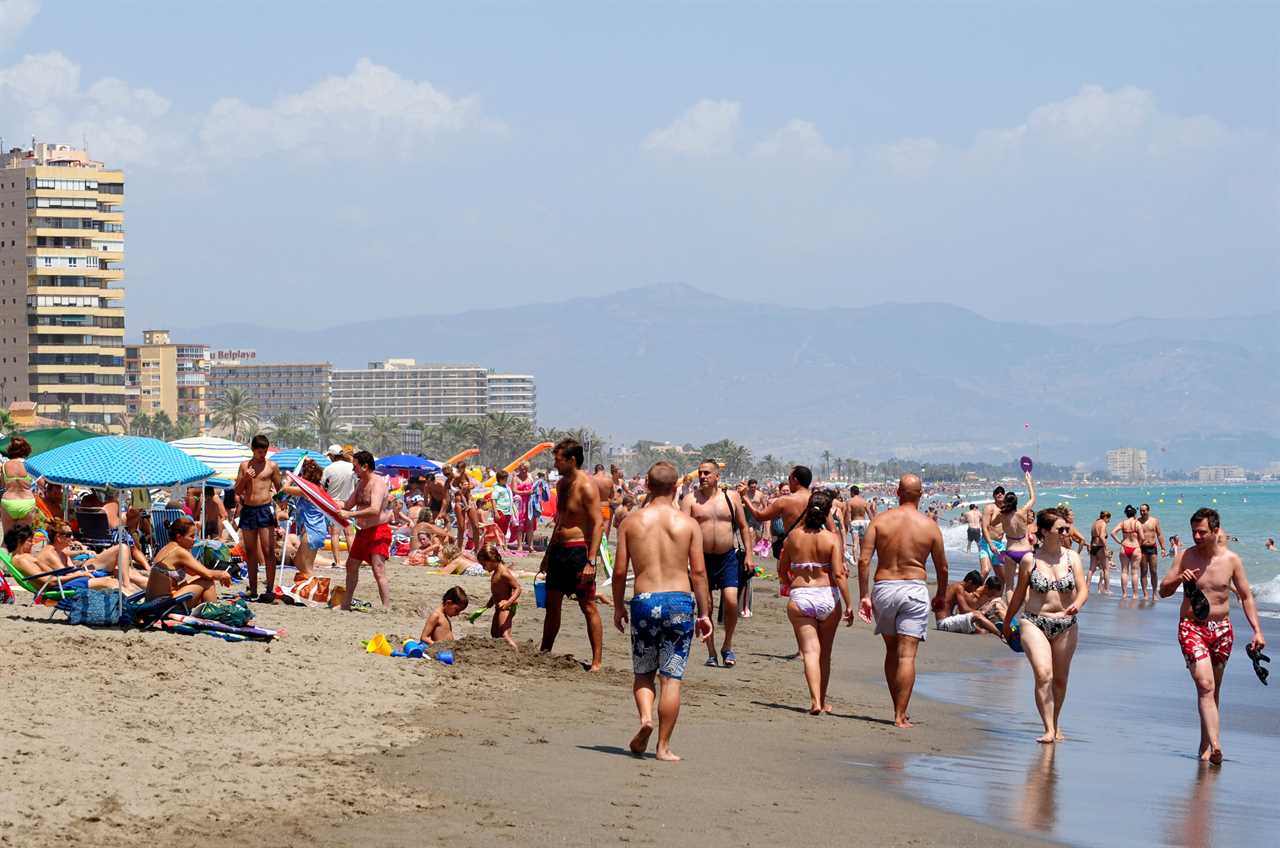
Fernando Valdes spoke out as it was announced many millions would be spent on fast-tracking treatments and research in the UK — and British scientists were working on a jab to protect against all variants.
It also emerged that vaccine trials would start on children as young as five in the hope of offering protection against coronavirus for decades.
Mr Valdes, Spain’s Secretary of State for Tourism, reckons the international community, airlines and travel firms can devise a system that enables vaccinated people to travel.
Transport Secretary Grant Shapps is also hoping to develop a vaccine certificate, it was said last night. Greece and Portugal are working on a similar scheme for travellers.
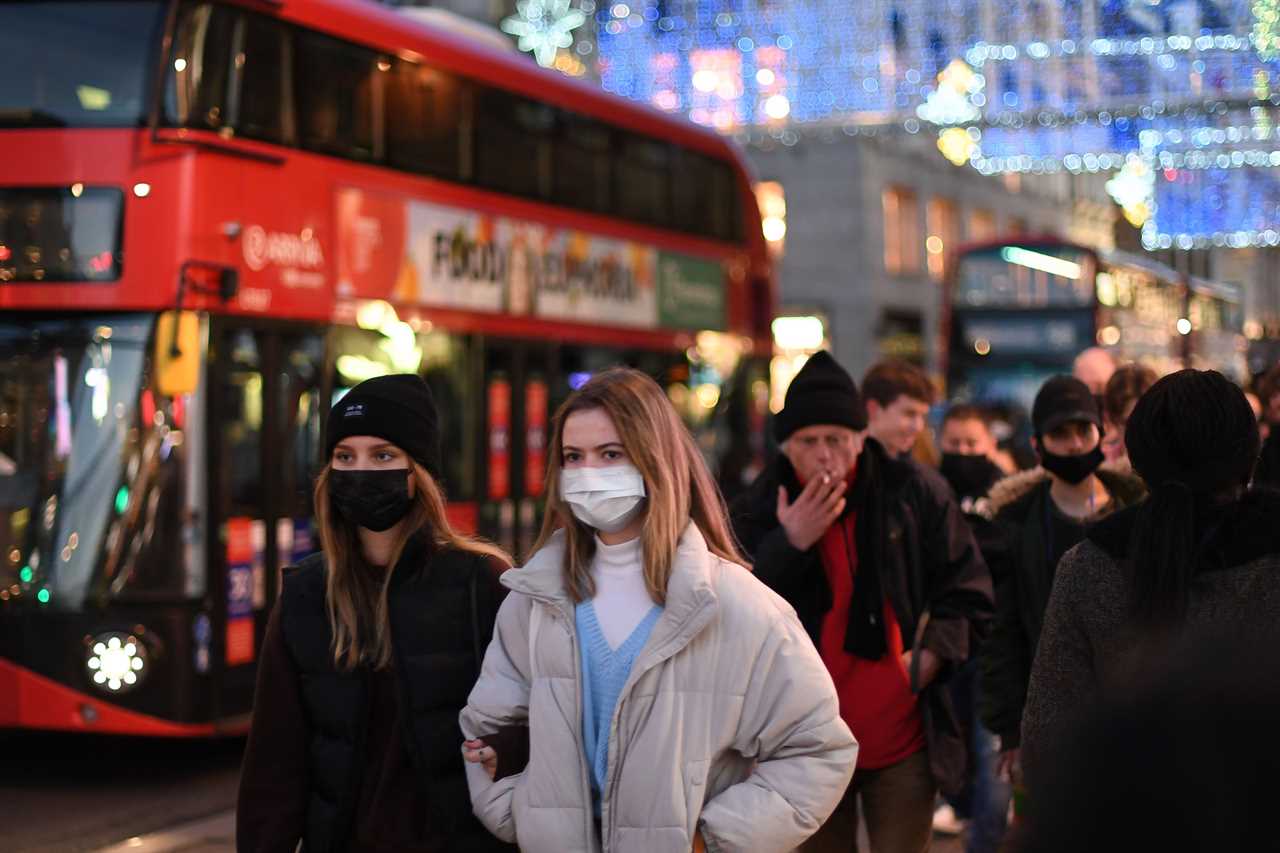
Alexandre de Juniac, boss of airlines association IATA, believes such a system could be up and running by the end of next month.
Mr Valdes said: “The UK is among the countries with the highest vaccination rates in the world. In Spain, we aim to have at least 70 per cent of the adult population immune by summer so I’d say to British people, ‘Keep open your expectations regarding holidays in Spain. We’re looking forward to welcoming you again’.”
He said a “vaccine passport or similar documentation” would be part of the strategy. It would complement face masks and social distancing to help people “regain flexibility in their movements”.
He added: “We are defending this approach in the European Union and the OECD (Organisation for Economic Co-operation and Development). We’d like to coordinate these works with the British government.”
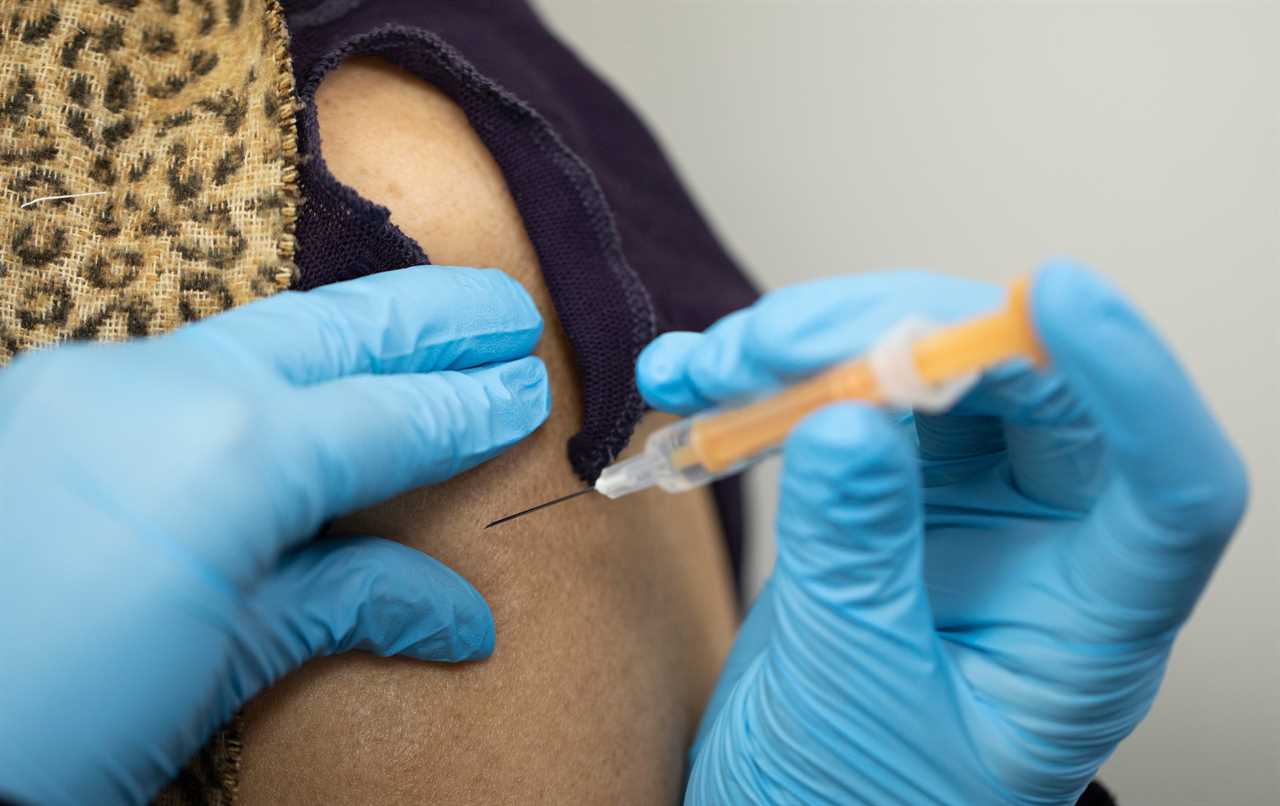
He said Spain had no plans for a quarantine period under which Brits and other visitors would have to self-isolate before enjoying the sun. Mr Valdes said: “We have other means beyond vaccines to control the transmission such as test before travel, facial masks, social distancing.
“We’re going to keep all these measures as long as necessary to let tourism recover gradually and as the pandemic evolves. New vaccines approved by the European Authority will give us the necessary impulse to achieve our plan.”
But tourists may have to produce a negative Covid test to get on the plane for Spain in the first place.
Mr Valdes said: “If necessary, we will ask for a test before travel because our priority is safety.”
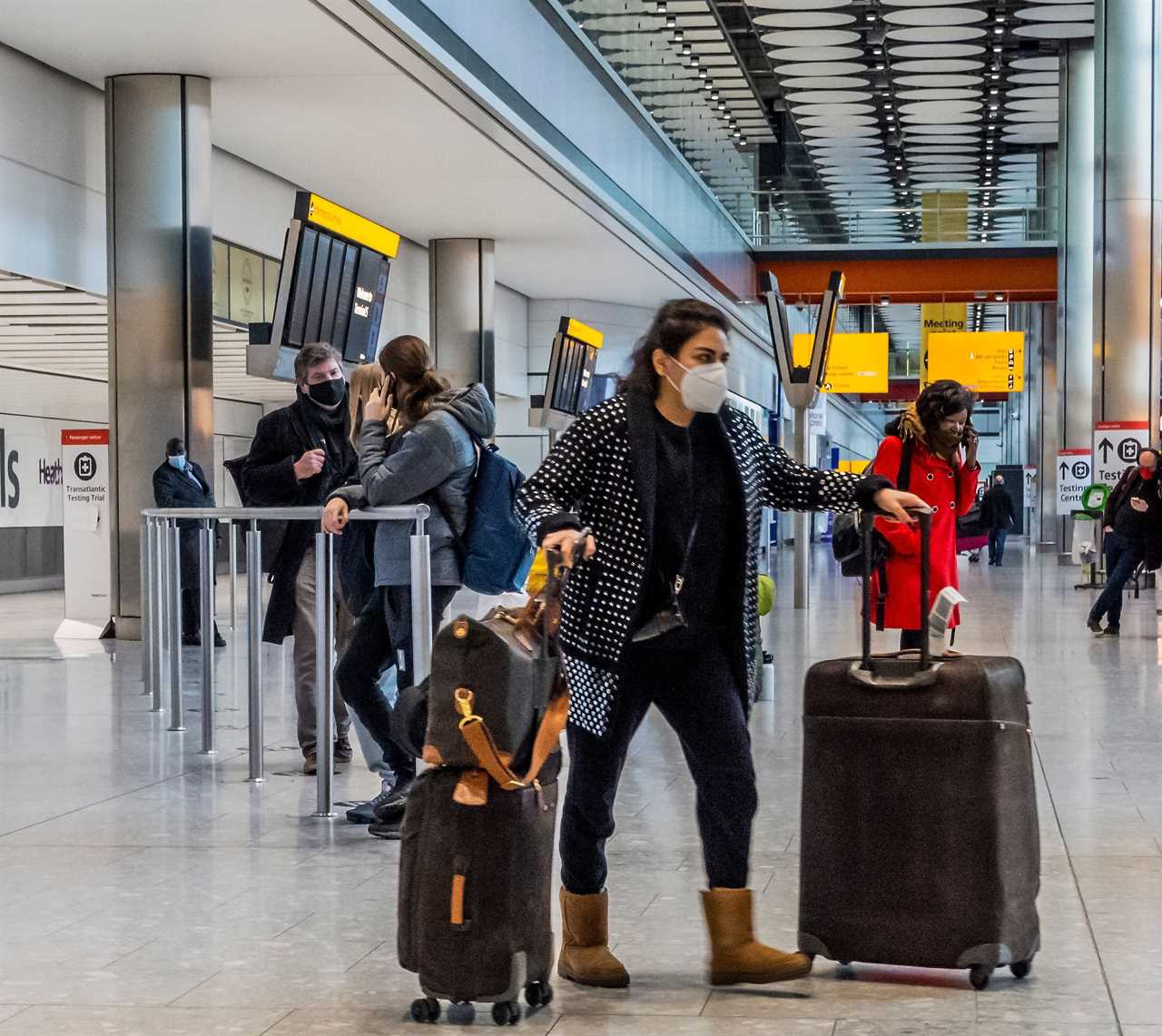
His remarks come despite an overseas travel ban on Brits other than in exceptional circumstances.
From tomorrow, visitors to the UK from “red-list” countries must spend ten days in quarantine hotels. Boris Johnson will unveil the road-map for easing restrictions on February 22.
Yesterday, Health Secretary Matt Hancock said more funding would be pumped into research into the most promising remedies so they are available on the NHS within months.
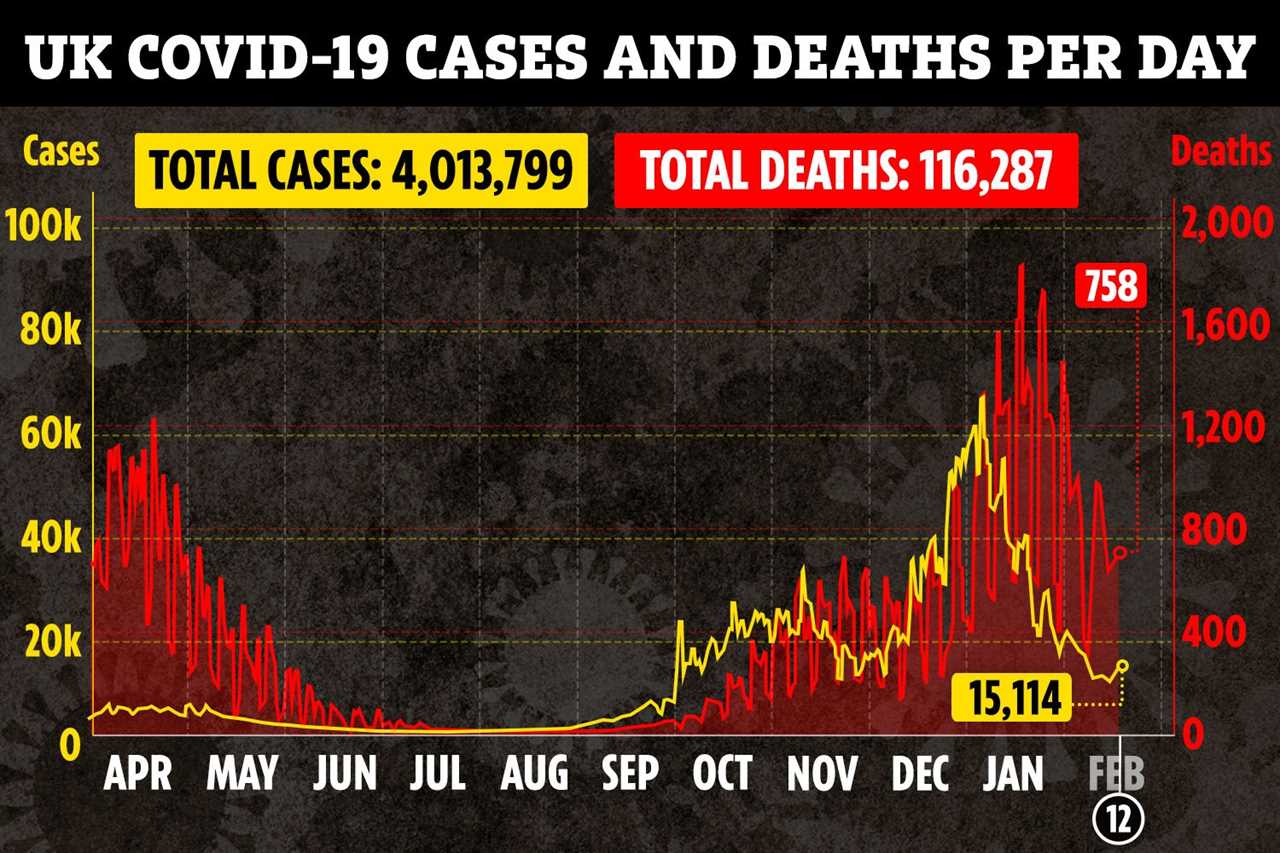
Cash would fund the first phase of trials. Under current rules, it is available only at the second and third phases. Mr Hancock said: “Today’s news will ensure all phases of clinical trials for new treatments are done in the UK, protecting our supply chain and securing the world’s best treatments for NHS patients at a much faster rate.”
He said the move would ensure the UK is one of the best countries in the world for developing and deploying cutting-edge treatments.
Meanwhile, a potential universal vaccine is being developed by scientists at Nottingham University.
It targets proteins found in the core of the virus that are less likely to mutate — providing protection against all current variants. The universal vaccine is expected to be used in human trials in the summer.
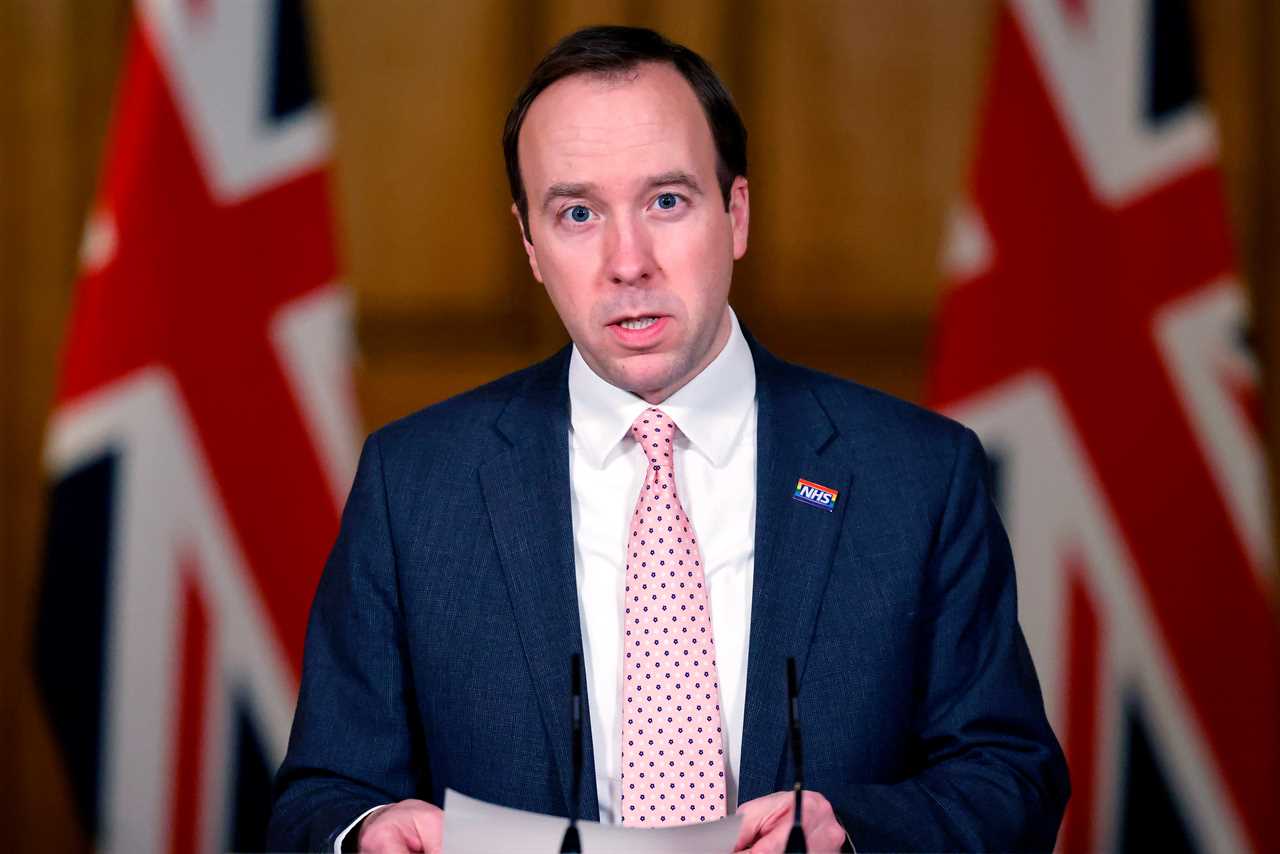
It emerged last night that children as young as five will take part in Covid jab trials that may herald a national vaccination programme offering protection for decades.
Both Pfizer and AstraZeneca are set to start this month and the results could be known by autumn.
Professor Sarah Gilbert, who led the Oxford/AstraZeneca jab team, said: “We could be looking at giving young children immunity, and then boosting it towards the end of life.”
